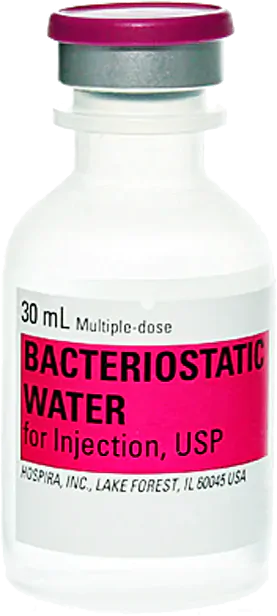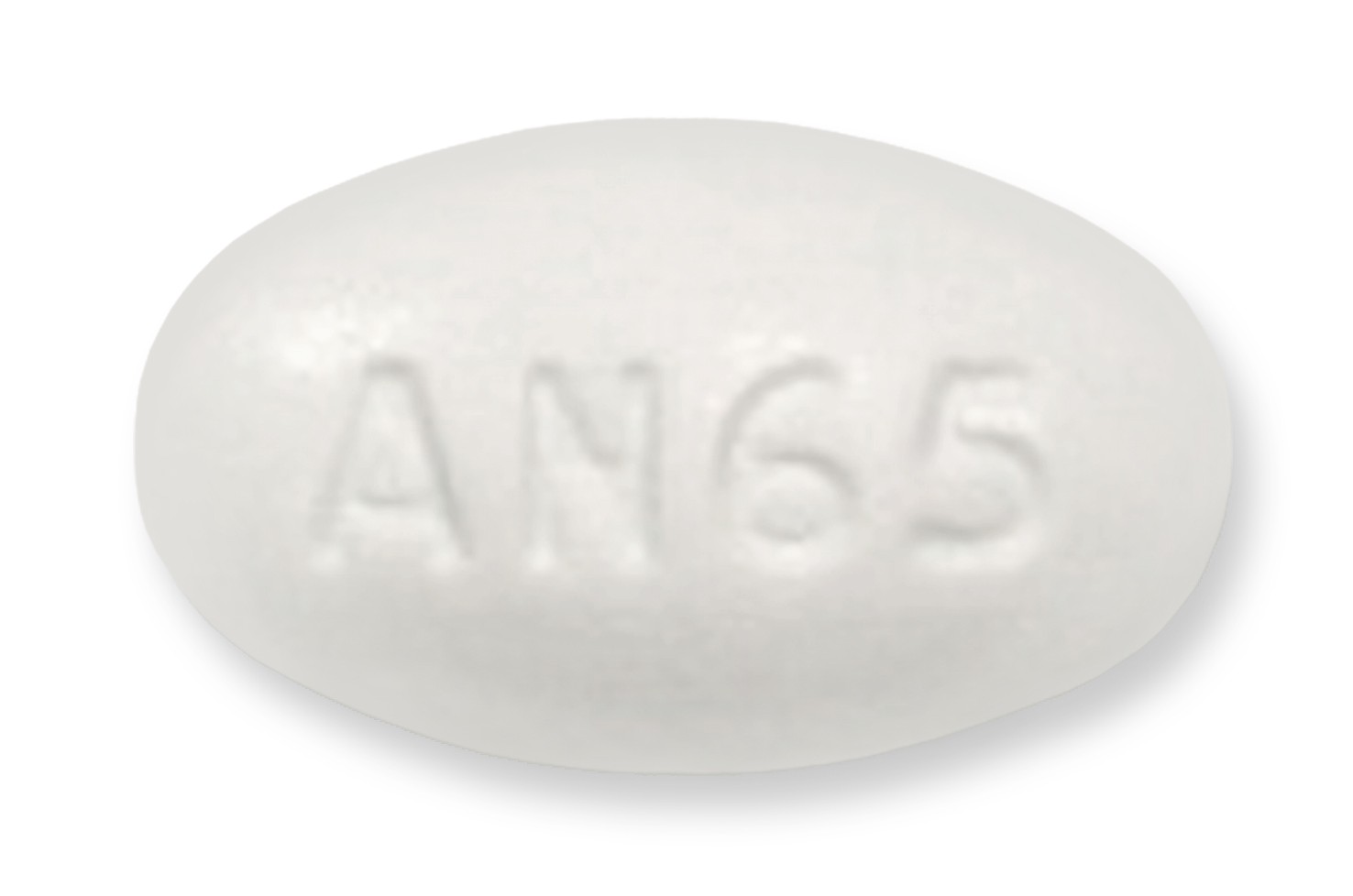Product Overview
Abiraterone Acetate is an anti-cancer medication used primarily in the treatment of prostate cancer. It works by inhibiting the production of androgens (male hormones), which can promote the growth of prostate cancer cells.
Indications
Abiraterone Acetate is indicated for the treatment of:
- Metastatic castration-resistant prostate cancer (mCRPC) in combination with prednisone or prednisolone.
- Metastatic high-risk castration-sensitive prostate cancer (mCSPC), also in combination with prednisone or prednisolone.
Dosage and Administration
- Dosage Form: Oral tablets
- Standard Strengths: Commonly available in 250 mg or 500 mg tablets.
- Administration:
- For mCRPC and mCSPC, the recommended dose is typically 1,000 mg once daily, taken on an empty stomach, with food restrictions of at least 2 hours before and 1 hour after ingestion.
- It must be taken with 5 mg of prednisone or prednisolone twice daily to manage the side effects of mineralocorticoid excess.
Mechanism of Action
Abiraterone Acetate is a selective inhibitor of the enzyme CYP17 (17α-hydroxylase/C17,20-lyase), which is crucial for androgen biosynthesis:
- CYP17 Inhibition: It blocks androgen production not only in the testes but also in the adrenal glands and the prostate tumor itself, effectively reducing serum testosterone levels to below detectable limits, which is beneficial in controlling prostate cancer progression.
Pharmacokinetics
- Absorption: Rapidly converted to the active form, Abiraterone, in the body.
- Onset of Action: Generally reaches peak plasma concentration within 2 hours of oral administration.
- Metabolism: Primarily metabolized in the liver through the CYP3A4 enzyme pathway.
- Excretion: Predominantly eliminated via feces, with minimal renal excretion.
Safety and Precautions
- Contraindications: Hypersensitivity to Abiraterone or any excipients, and severe liver impairment.
- Warnings:
- Mineralocorticoid Excess: May cause hypertension, hypokalemia, and fluid retention due to elevated mineralocorticoid levels.
- Hepatotoxicity: Requires regular monitoring of liver function tests.
- Adrenocortical Insufficiency: May occur in patients receiving concurrent corticosteroids.
- Pregnancy and Lactation: Contraindicated in women who are or may become pregnant, as it may cause fetal harm.
- Interactions: It can interact with drugs metabolized by the CYP2D6 enzyme and medications that inhibit or induce CYP3A4, potentially altering the effectiveness or toxicity.
Adverse Reactions
Common side effects include:
- Hypertension and hypokalemia
- Fatigue and dizziness
- Hepatotoxicity (elevated liver enzymes)
- Hot flushes and joint swelling
- Gastrointestinal symptoms (nausea, diarrhea)
Clinical Benefits
Clinical trials have shown that
Abiraterone Acetate significantly improves overall survival, delays disease progression, and maintains patient quality of life compared to standard treatment in mCRPC and mCSPC settings.
Storage
- Store at room temperature, protected from moisture and light.
- Keep out of reach of children.
Regulatory Classification
- Prescription-only Medicine: Requires a prescription from an oncologist or other licensed healthcare provider specializing in cancer treatment.
- Orphan Drug Designation: It may have orphan drug status for specific prostate cancer indications in some countries.




